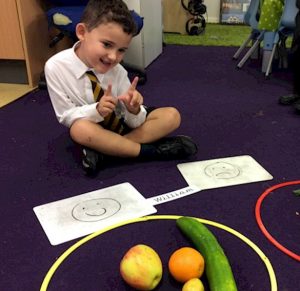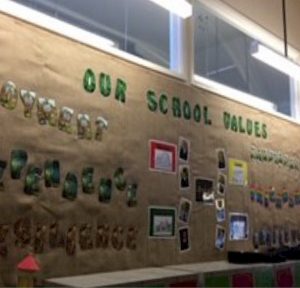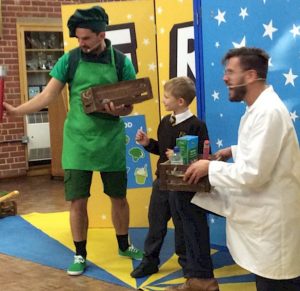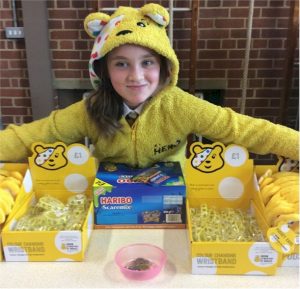
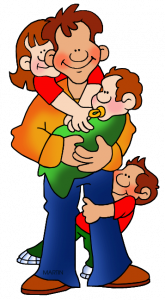 At Sandhurst Primary School, personal, social and health education (PSHE) enables our children to become healthy, independent and responsible members of a society. In line with the national curriculum, we use carefully sequenced lessons, inspired by the Jigsaw Programme to enable pupils to aim high and build on what they already know and understand, whilst offering an exciting curriculum creating enjoyment within every lesson. It aims to help them understand how they are developing personally and socially, and challenges many of the moral, social and cultural issues that are part of growing up. We provide our children with opportunities for them to learn about rights and responsibilities and appreciate what it means to be a member of a diverse society. Our children are encouraged to develop their sense of self-worth and kindness by playing a positive role in contributing to school life and the wider community.
At Sandhurst Primary School, personal, social and health education (PSHE) enables our children to become healthy, independent and responsible members of a society. In line with the national curriculum, we use carefully sequenced lessons, inspired by the Jigsaw Programme to enable pupils to aim high and build on what they already know and understand, whilst offering an exciting curriculum creating enjoyment within every lesson. It aims to help them understand how they are developing personally and socially, and challenges many of the moral, social and cultural issues that are part of growing up. We provide our children with opportunities for them to learn about rights and responsibilities and appreciate what it means to be a member of a diverse society. Our children are encouraged to develop their sense of self-worth and kindness by playing a positive role in contributing to school life and the wider community.
The PSHE curriculum develops six concepts over the course of the year. These unique programmes are embedded in weekly classroom PSHE lessons and activities, as well as through termly values assemblies. Children will be taught the six concepts across the ‘Jigsaw Puzzle’ over the course of the year, throughout years R-6. The table below gives the learning theme of each of the six Puzzles (units) and these are taught across the school; the learning deepens and broadens every year. See below for a termly overview.
Ages 5-6
| Being Me In My World | Celebrating Difference | Dreams and Goals | Healthy Me | Relationships | Changing Me |
|
|
|
|
|
|
Ages 6-7
| Being Me In My World | Celebrating Difference | Dreams and Goals | Healthy Me | Relationships | Changing Me |
|
|
|
|
|
|
Ages 7-8
| Being Me In My World | Celebrating Difference | Dreams and Goals | Healthy Me | Relationships | Changing Me |
|
|
|
|
|
|
Ages 8-9
| Being Me In My World | Celebrating Difference | Dreams and Goals | Healthy Me | Relationships | Changing Me |
|
|
|
|
|
|
Ages 9-10
| Being Me In My World | Celebrating Difference | Dreams and Goals | Healthy Me | Relationships | Changing Me |
|
|
|
Relationships with food Healthy choices Motivation and behaviour |
|
|
Ages 10-11
| Being Me In My World | Celebrating Difference | Dreams and Goals | Healthy Me | Relationships | Changing Me |
|
|
|
|
|
|
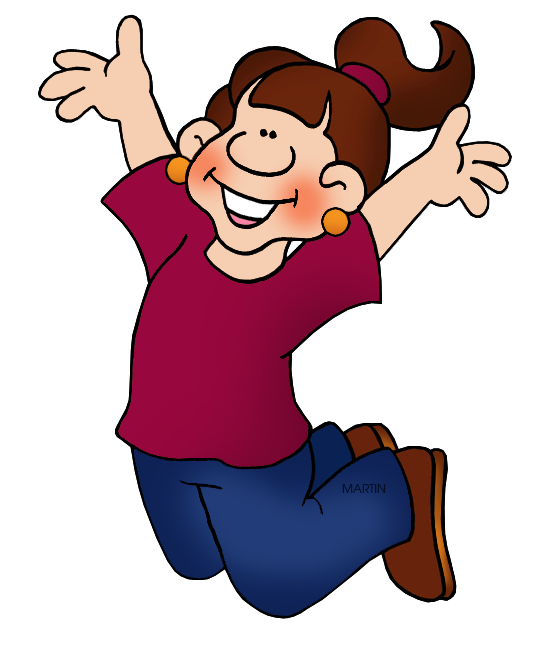 Teaching strategies are varied and are mindful of preferred learning styles and the need for differentiation.
Teaching strategies are varied and are mindful of preferred learning styles and the need for differentiation.
Each lesson begins with the class sharing ‘The Jigsaw Charter’ to reinforce how we work together.
This is followed by a game or activity designed to be fun and inclusive and to build and maximise social skills. This engenders positive relationships and enhances collaborative learning. It sets the atmosphere at the beginning of each lesson and can be used again at the end should the teacher feel the atmosphere needs to be lifted after some deep work during the lesson.
A period of mindfulness follows which helps children gain awareness of the activity in their minds, relaxing them and quietening their thoughts and emotions to a place of optimum learning capacity. This will also engender a peaceful atmosphere within the classroom.
Throughout each lesson, children are encouraged to reflect on their learning experiences and their progress. By reflecting, children can process and evaluate what they have learnt, which enables them to consolidate and apply their learning. They are also asked to stop and become aware of their thoughts and feelings in any given moment in Pause Points thus developing their mindfulness.
Individual ‘Jigsaw Friends’ can be used as the ‘talking object’ in circle discussions. Children and staff pass the particular 'Friend' for their class around the circle and when holding the Jigsaw Friend it is their turn to talk or to offer a suggestion, experience or feeling relevant to the discussion.
Additionally, the Jigsaw Friends act as distancing tools so that children can talk about potentially more sensitive issues without referring directly to themselves. For example, in Being Me in My World, ages 5-6 years, Piece 1, the children are guided to offer suggestions for how to help Jigsaw Jack feel safe and special within the class. So, by finding ideas to help Jack, they are actually voicing ideas that can apply to, and help, themselves.
As part of our curriculum philosophy, built on around the concept of mastery and learning being a change to long-term memory, it is impossible to see impact in the short term. We do, however, use assessment based on deliberate practice. This means that we look at the practices taking place to determine whether they are appropriate, related to our goals and likely to produce results in the long run. We use comparative judgement in two ways: in the tasks we set and in comparing a child's work over time.
Aspirations for the future
We want our pupils to develop a love for PSHE and as a result remind them, if they continue to aim high, as a responsible citizen, they could become:
- Guide Dog Trainer
- Member of Parliament
- Counsellor
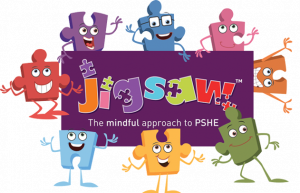
Please find downloadable PDF versions of the Information available for the PSHE Curriculum.
